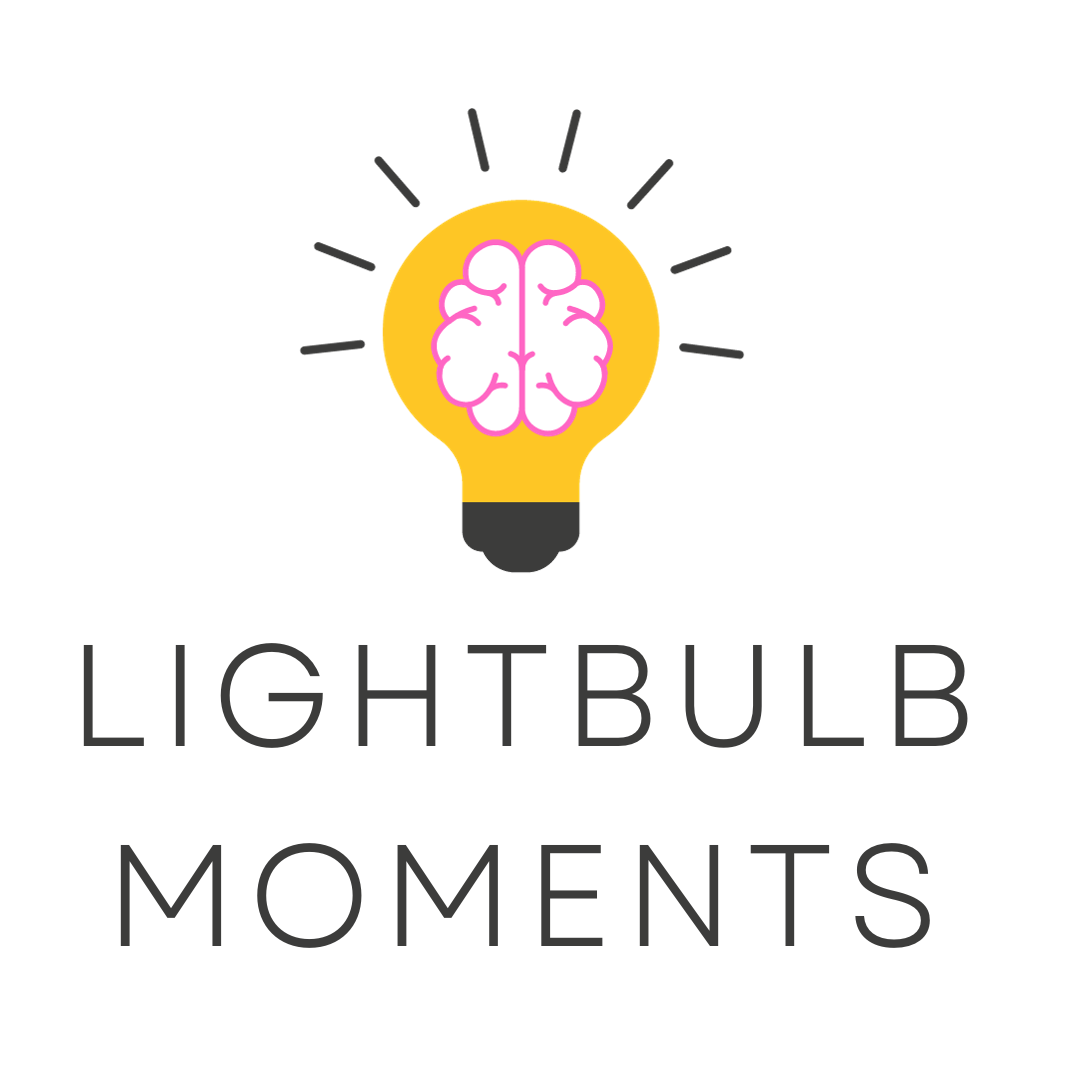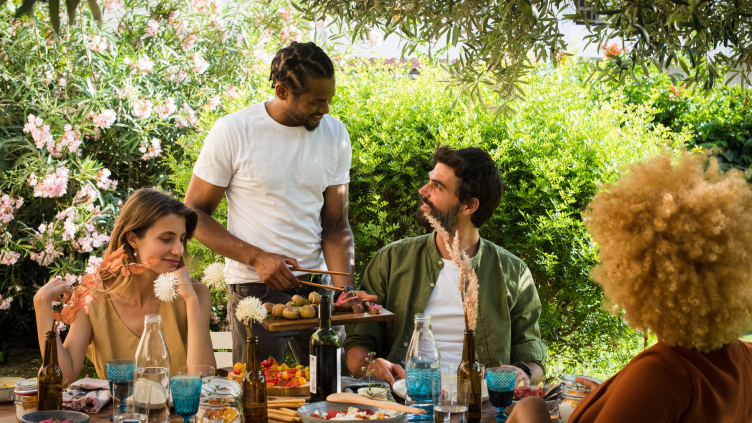If every interaction you have is perfect, don't read this.
Howdy peeps, today we are talking about Transactional Analysis! Now before you close the page, or have a total snooze-fest, let me explain... It's a really boring name for something that is actually pretty cool. Let me break it down.
Transactional Analysis = Analysing the transactions you have
Transactions = Conversations
It's basically a way of looking at the role you play in the conversations you have with people and understanding what impact that role has on your relationship with that person.
Let's start with the basics.
What is Transactional Analysis?
I'm not going to go too deep - and for any hardcore TA fans out there (yes there are some) I'm going to be taking some creative license so don't come for me (oh they would).
At it's core TA is about 3 ego states - Parent, Adult, Child.
Each one has value, but not all are equally the right thing to bring to a conversation. Often Parent and Child responses can be troublesome. Adult is where you want to be at.
We all fall into one Ego state at one point or another, what I would encourage you to think about it where do you spend most of your time? Let me give you some examples to make it real...
Let's say you're on a hike (I don't know why this is the example I'm going with right now but stick with me) and someone you're hiking with hasn't had any water. It's hot, very hot, and they are starting to be at the back of the group.
Some responses:
Critical Parent : "Well it's no wonder you're lagging behind everyone, it's because you've not had any water and everyone knows that you have to stay hydrated when you're in conditions like this."
Nurturing Parent : "Here, take my flask, have my water, let me help you."
Adult : "Do you have water? How much water have you had today? Have you had more or less than when you've done similar activities such as this?"
Adapted Child : "We can wait, this is the way it is now, you've not drank enough water and I have to suffer the consequences but I'm going to huff about it and eye-roll so you know that I'm annoyed that you've created this scenario."
Free Child : "You've not had any water but who cares? Let's do shots of tequila, have a laugh, if we make it the rest of the hike then great but if we don't then at least we will have a great time where we are right now. Woo tequila!"
Right now it's likely that one or more of these responses resonates with you - if your interest is piqued - keeping reading :)
How can knowledge of TA help you?
We all have relationships that flourish and we all have relationships that are hard work. We have some that are frustrating, and some that are the most relaxing. Can you pinpoint why? Those successful relationships - can you pinpoint why they are successful? You might be able to hazard a guess but usually we don't know for certain. I've found that TA helps me to understand why some of the relationships I have (personal and professional) are hard work. And why some are easy.
Adult to Adult relationships, in my opinion, are the most beneficial. They are logical and in the present. There are devoid of judgement and don't come with any baggage.
I try and avoid relationships where I become either parent ego state. I find them exhausting and usually have negative emotion on my part attached to them. Even in nurturing parent I feel obliged to do it and it doesn't make me feel good.
I could probably do with a little more free child in my life. That "screw it, just do it" mentality.
How can I figure out which Ego state I'm in in which relationships?
Start by thinking about how you behave in the relationship.
Are you behaving in a way that feels healthy to you?
Are you getting energy from the relationship?
Do you feel like you spend too much time "telling the other person off" or "being told off"?
Do you feel responsible for the person or do you put the responsibility on the other person? (I often think about this with communicating with friends. How often do you instigate it vs how often the other people instigate it. If it's an Adult to Adult friendship it should be 50/50. If it's anything else then it's likely you're in Parent/Child Ego states)
What should you do if you feel stuck?
If you've looked at a relationship and you're in an Ego state you're not happy with then you've got three options:
Stay in the relationship as it is. You might get exhausted at some point though.
Try and reset the balance. Next time you feel like you want to go into Critical Parent, or you feel like the other person is in Adapted child, ask a question rather than reacting.
Exit. Decide that it isn't worth it and move on.
I realise the last one seems harsh but if you've done #2 and that hasn't worked then maybe leaving the relationship behind is the best step.
Power dynamics
Age doesn't play a part in which Ego State you're in. My daughter, when she was younger, would say "Mummy you look like you need a nap. Come on, let's tuck you into bed." Here she was being a nurturing parent and I took the role of adapted child.
Equally, when we go on holiday my Mum takes the role of free child, this means I take a parent role.
Every relationship with every individual can be looked at through the lens of TA. Once you've figured out which roles you play you can figure out how to get the best from those relationships. Have fun with the knowledge!
But for now,
Toodles x




